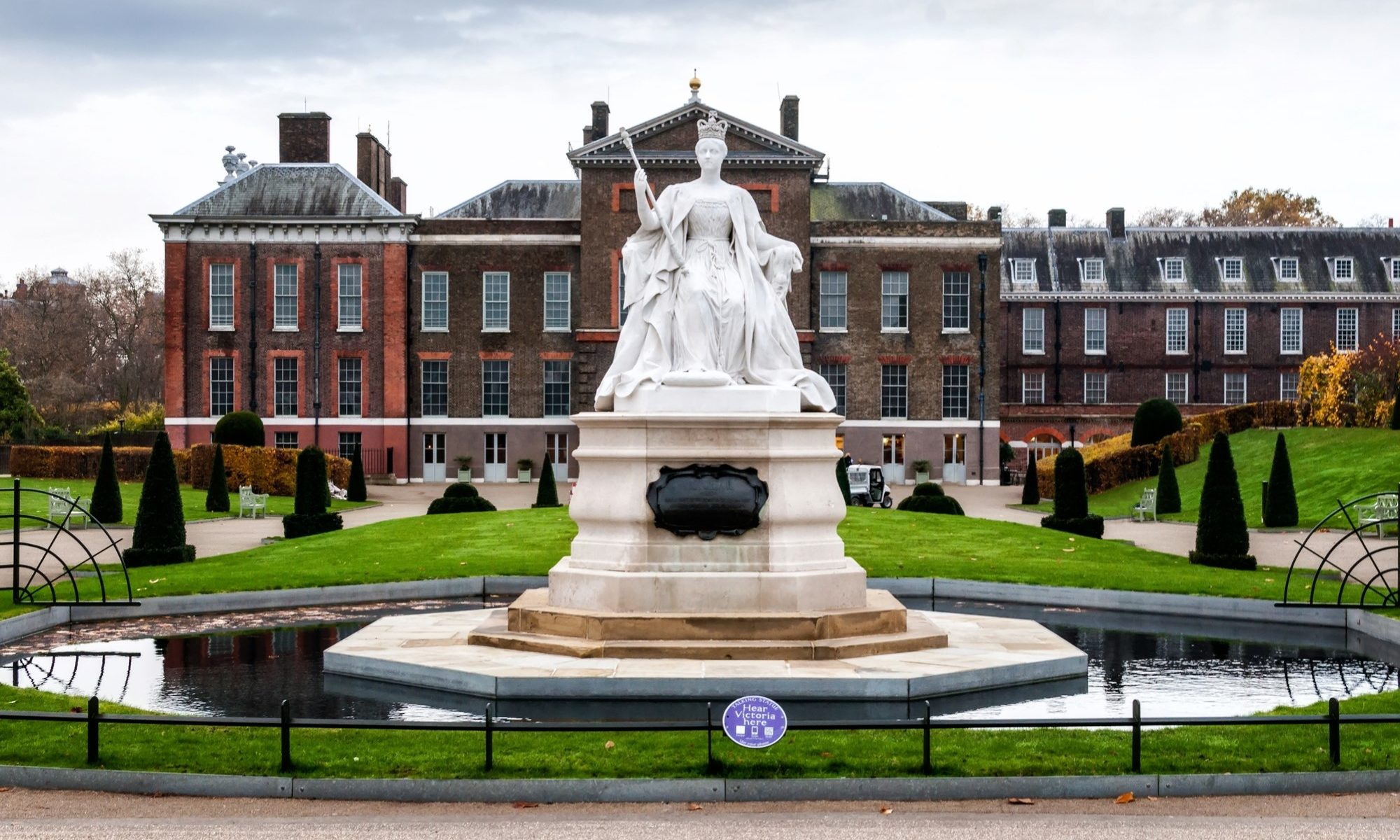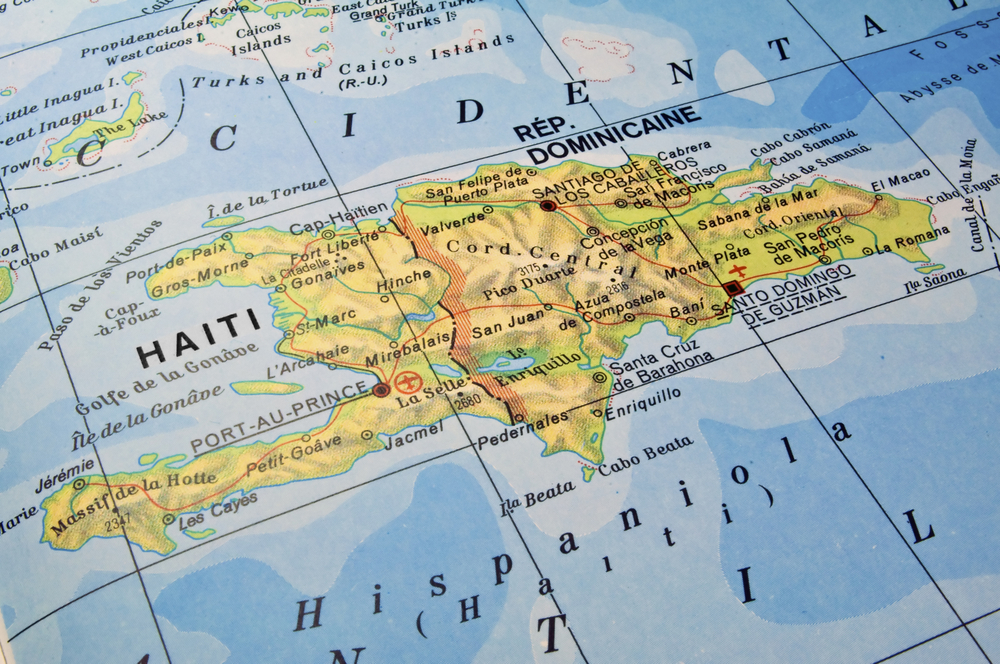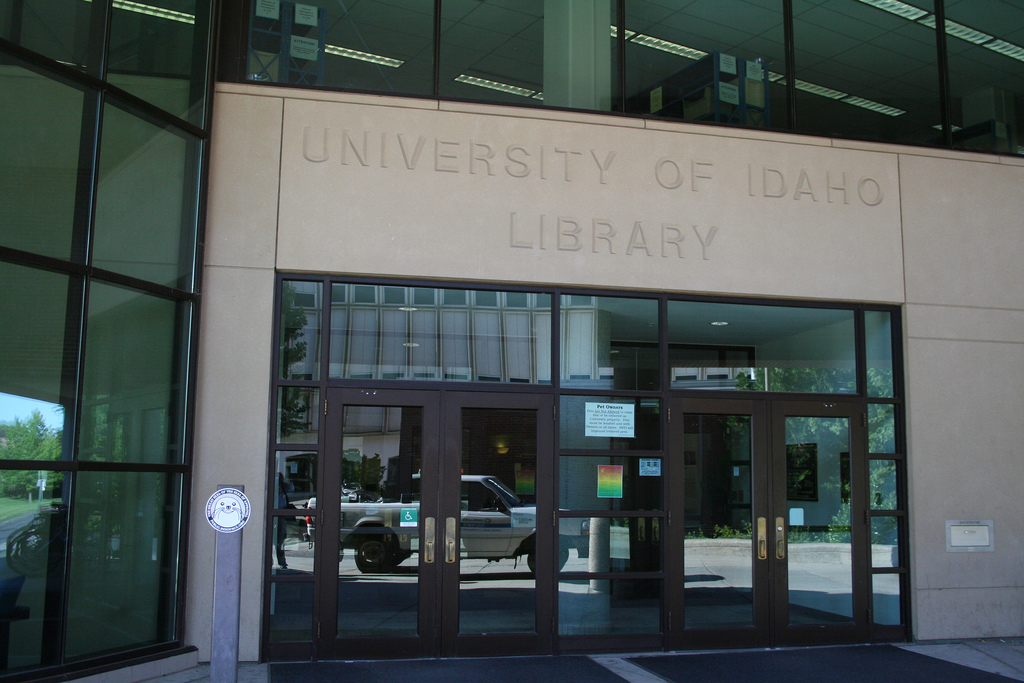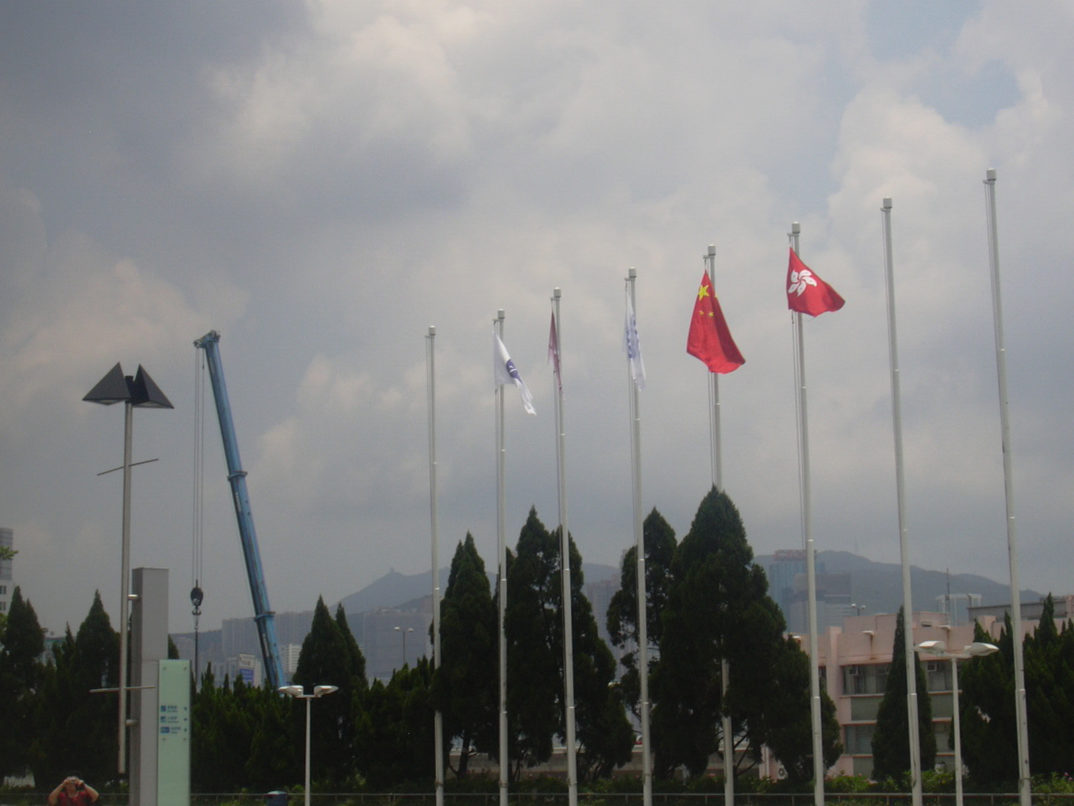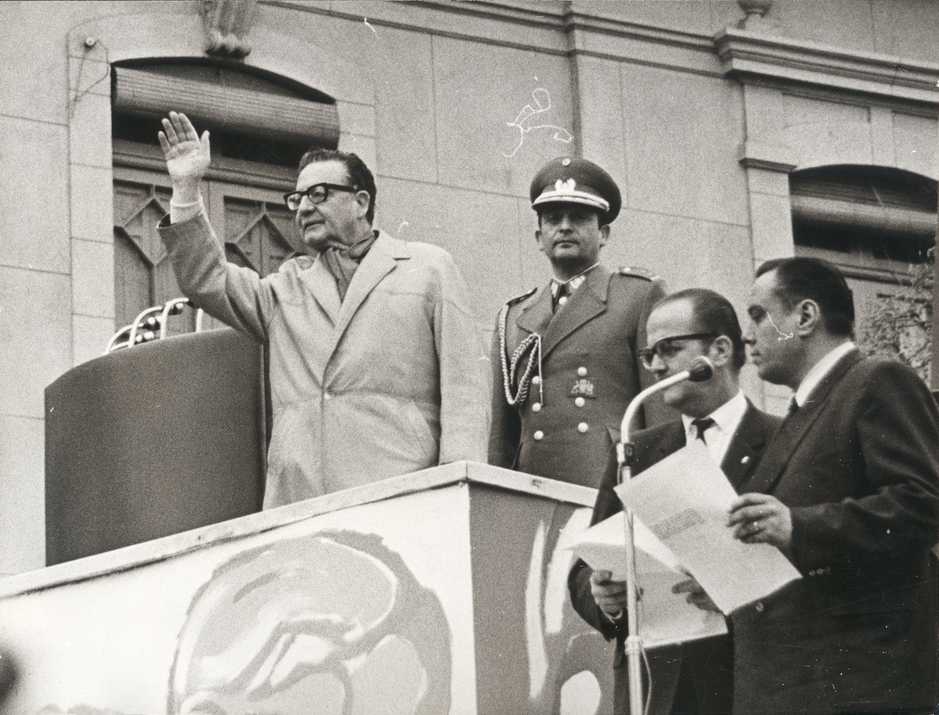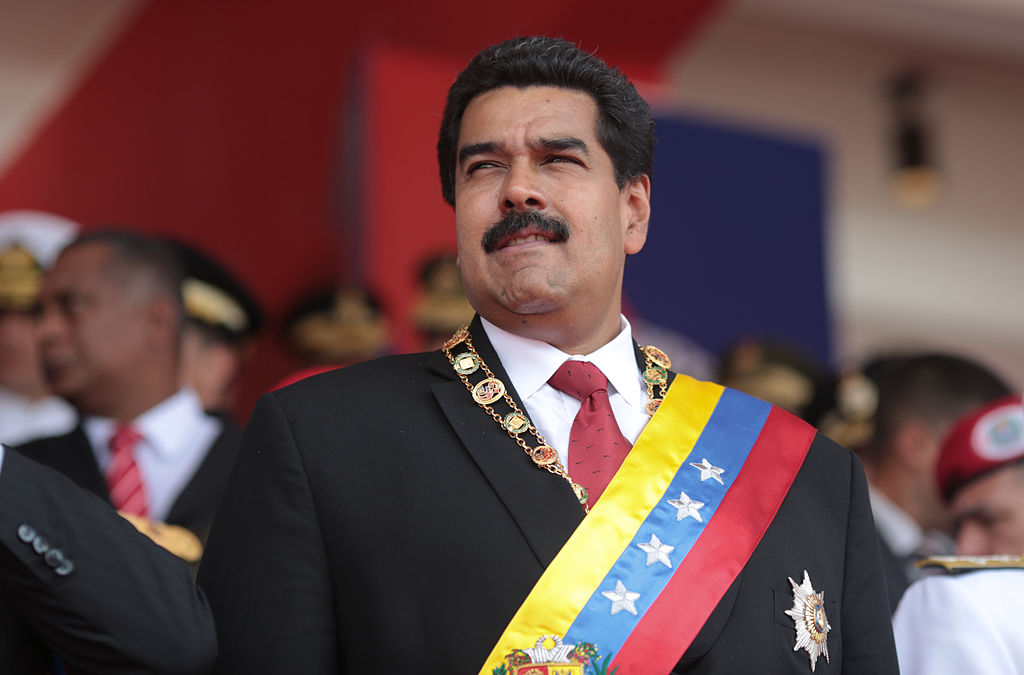A prominent figure for nearly a century, the death of Queen Elizabeth II leaves a tremendous void behind. Many are deeply affected by this loss. For some, however, the death of the Queen also breaks a spell. As perhaps the most famous representation of monarchy, her image seems to have put some questions about the nature of monarchy on hold for some time. Almost immediately after her death, however, questions about the future of monarchy – generally, or in the U.K. specifically – began to swirl. While some have started to map out the succession line, others voiced criticism of their historical (colonial) ties to the monarchy. Now, there is a strong call to take a moral stance regarding monarchy, in general. Questions concerning the role of monarchy coupled with the financial, diplomatic, and moral burden of the royal families are coming to the fore.
The problem with taking a moral stance, however, is that the monarchy today is quite different from the monarchy in the past: Not many “Royalists” in the traditional sense remain standing in the Western world. These domesticated and tranquilized monarchies hold almost no political power; they are merely symbolic.
But what’s not clear is what exactly these “Symbolic Monarchies” symbolize, and whether one is morally obligated to support or oppose what they represent. Do they pose some threat of oppression like in the past or are they now somehow “redeemed”?
From my regional point of view, the idea of monarchy is still a very dangerous one. The Middle East, in general, is quite accustomed to a very strong central figure, and developing democracy or civil society is always under threat by an autocratic one-man regime. As the West of “The East” or the East of “the West,” Turkiye is an interesting boundary case where the idea of monarchy is both very weak and yet still somehow scary at the same time. From time to time, the possibility of a symbolic Ottoman Emperor is jokingly suggested. Most react radically to even the mere mention, whereas some think a powerless monarchy has some kind of emotional and historical nostalgic value – mainly in a more cultural, diplomatic, and touristic sense. One year after the establishment of the Turkish Republic, the Osmanoglu Family were sent into exile in 1924 since it was thought they would pose a threat to the newly found republic. In the first half of the 70s, this exile was lifted for all members as any dream to resurrect the Ottoman Empire seemed unrealistic. (I believe it is still unrealistic.)
However, some events involving members of the Osmanoglu Family are worrying. Some, claiming to be the rightful inheritors of the Ottoman Sultan, Abdulhamid II, demand lands on the ground that these were the personal property of the Sultan. Meanwhile, Abdulhamid Kayıhan Osmanoglu, claiming to be a royal family member, has entered into politics in “New Welfare Party” – a revamp of a radically conservative party – and usually goes around in Sehzade/Prince clothes. Additionally, the 21st century has brought a “Neo-Ottoman” political and cultural wave in Turkiye. From the very beginning, some have pointed out a relation between governing “Justice and Development Party (AKP)” and this “Ottomania” or “Neo-Ottomanism.”
In one sense, no one – including AKP – appears to be seriously considering abolishing democracy and bringing the monarchy back. However, in another sense, interest in monarchy appears to be very much revived.
This situation is enough to make any citizen of a country with a similar history uneasy.
From a North American or European point of view, these events may not seem relevant since the threat – especially in the Middle Eastern region – is not about Symbolic Monarchy, but the possibility of reinstating Traditional Monarchy. The general belief that a Symbolic Monarchy is safe, harmless, or powerless is generally accepted unquestioningly in the West. Its assumed lack of political power is so overemphasized that its message – what a monarchy represents – is generally overlooked.
Some treat Symbolic Monarchy like they do fictional entities like Santa Claus. Having great cultural importance, this take on monarchy assumes that Symbolic Monarchy is not really a “monarchy” as much as a glamorous imitation for show. These declawed figureheads are like Santa Claus giving out gifts in malls and ringing a bell on the corner of the streets. Perhaps the Queen was not a “Queen” after all. Maybe she represented the fantasy of an ideal benevolent ruler that we know doesn’t exist. It was simply an unforgettable role played by the actor Elizabeth Alexandra Mary Windsor, whose fans now feel they’ve lost their heroine.
But for those more familiar with the monarchies of old, this preoccupation with pageantry is naïve.
Even if it is merely a role to be played, we must still ask: What does this role represent? Even though we may appreciate the actors who play them, the public performance of roles like “Queen,” “Tzar,” and “Sultan” evoke real historical associations.
This is where these roles get their power, and contrary to the nostalgic reception, some of these associations are negative. Reminiscing often comes with memories of colonization, abuse, and torture. Many people are reminded of how they or their ancestors were oppressed. The very existence of Symbolic Monarchy and its global glorification seems capable of hurting many or being used as a tool to numb people to historical harms. Even in its lightest form – where we assume the characters are benevolent and we acknowledge and condemn past transgressions – monarchy represents inequality, as Nicholas Kreuder has recently argued; it contradicts the natural or essential equality of all human beings.
Is this necessarily true? I’m sympathetic to Benjamin Rossi’s critique that suggests that as long as people can in some way voluntarily embrace it, monarchy can be morally legitimate. But, from another point of view, it’s difficult to judge whether the adoption is voluntary or not.
In historically oppressed cultures, it is common to observe the adoption of their oppressors’ values, language, and religion, which were forced on them in the past. For such people, an idea like “Queen” can be very damaging and, controversially, soothing at the same time.
Ultimately, Symbolic Monarchy is thought to exercise some influence on the public but a low political influence: They seem to play only a support role to major events with no decision-making power. But what is “real” power these days? Members of a royal family have many powerful symbols at their disposal that wield great influence, including casting a shadow over politics. Though they are generally not allowed to endorse an ideology, party, or politician, the line between supporting a moral cause and supporting a policy is incredibly blurry. As “influencers,” their discretion in addressing particular issues rather than others, their preferences on charity and patronage, or the moral positions they adopt in royal dramas are not easily separable from political issues. While royal families’ political influence is difficult to quantify, there is no doubt – from their fashion sense to their diplomatic missions – that they possess “power.”
Today, monarchy is under increasing scrutiny following the Queen’s death. Some admire these royal families. Some remember the yoke of oppression. Some fear past monsters may rise again. What power the idea has left – be it Traditional Monarchy or Symbolic – remains an open question.

